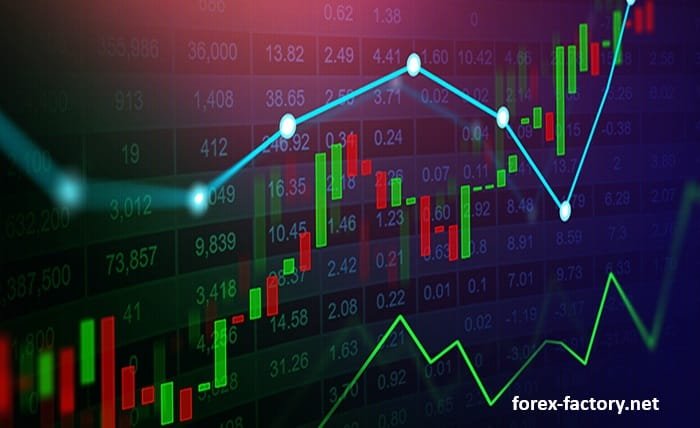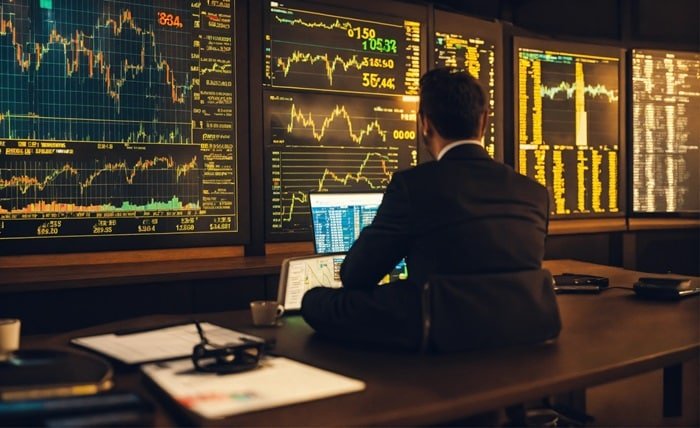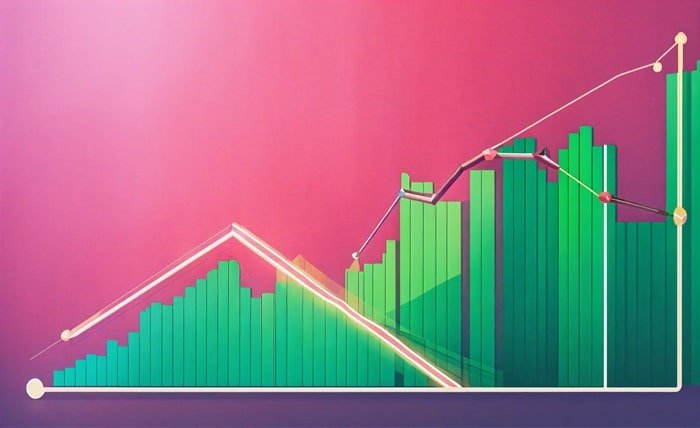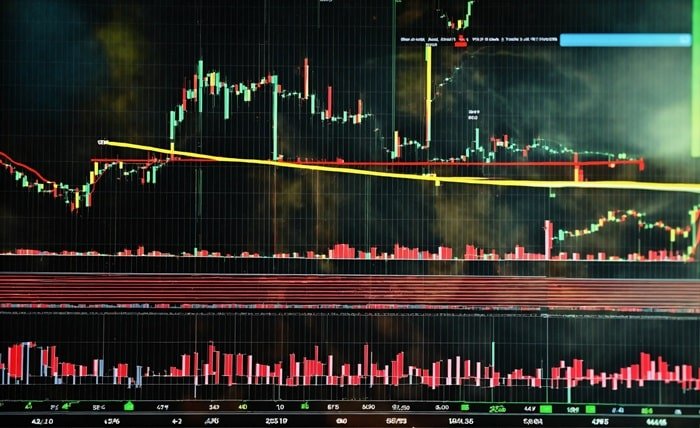The largest financial market in the world, the foreign exchange market, or forex (FX), allows for the continuous exchange of currencies. Trade forex is a possible source of income for certain individuals. Before getting started, though, it’s imperative to comprehend the hazards and intricacies involved. This blog article examines the fundamentals of forex trading, as well as the key ideas and factors that should be kept in mind by everyone interested in this exciting industry.
The Forex Market’s Reveal
Currencies are exchanged against one another on the decentralized forex market. There is no physical location, unlike a stock market, and trading occurs electronically around the clock. A currency pair’s value (such as EUR/USD) varies according to several variables, which could lead to profitable chances.
Important Ideas in Forex Trading
Before you trade forex, make sure you understand these basic ideas:
- Currency Pairs: Buying and selling currencies in pairs is a part of trading forex. You make predictions about whether one currency’s value will increase or decrease about another.
- Pip: A pip is the smallest change in price within a pair of currencies. Except for the Japanese yen (JPY), most currency pairings have a pip value of 0.0001.
- Leverage: By providing leverage, forex brokers enable you to manage a larger position with a smaller initial investment. While leverage increases potential earnings, it also increases losses.
- Spread: The spread, which represents the broker’s compensation, is the difference between a currency pair’s bid (buying) and ask (selling) prices.
Factors Influencing the Value of Currency
Numerous factors, including the following, affect currency exchange rates:
- Economic Data: Inflation, interest rates, and economic growth can all influence a currency’s value.
- Geopolitical Events: Political unrest or global wars can cause changes in currency.
- Supply and Demand: International trade and investment movements influence the relative demand for a currency, which in turn influences its value.
Examining the Forex Trading Risks
There are hazards associated with trading forex:
- Market Volatility: Prices in the currency market can move quickly, resulting in large losses. The market is quite volatile.
- Leverage Risk: Using leverage can magnify both earnings and losses. When utilizing leverage, exercise caution.
- Psychological Factors: Greed and fear may make decisions difficult. Establish a disciplined trading plan and control your emotions.
Beginning Your Forex Trading Career (Should You Choose to Move Forward)
If you choose to learn more about forex trading, take your time and do your homework. Here are a few first actions to take:
- Educate yourself: Before making a real money investment, familiarize yourself with the principles of forex trading, technical analysis, and risk management techniques.
- Start with a Demo Account: To practice trading and polish your abilities in a risk-free setting, most brokers provide demo accounts with virtual funds.
- Create a Trading Strategy: Create a precise trading plan that specifies your entry and exit points, risk tolerance, and investment objectives.
Conclusion
Trading forex may be a difficult and even dangerous business. Before you trade, make sure you know the ropes, do your homework, and have a solid trading strategy. Recall that effective forex trading demands self-control, risk mitigation, and a realistic assessment of the volatility of the market. If you are unclear, think about other investing possibilities that are more appropriate for your level of risk tolerance.
FAQs
1. Is forex trading a good way to get rich quickly?
Forex trading is not a get-rich-quick scheme. It requires skill, knowledge, and discipline to be successful.
2. What are some reliable resources for learning forex trading?
Many online courses, educational websites, and reputable forex brokers offer learning materials.
3. How much money do I need to start forex trading?
You can start with a small amount using a demo account. The minimum deposit for live trading varies depending on the broker.
4. Is forex trading legal?
Forex trading is legal in most countries, but regulations can vary. Check with your local financial authorities for specific regulations.
5. What are some alternatives to forex trading?
Several investment options exist, including stocks, bonds, and mutual funds. Consider your risk tolerance and financial goals when choosing an investment strategy.




